"Costa Rica is famous globally for its exports of pineapples, bananas, coffee and melons. These products are doing very well. Our strategy, our goal, is to increase our supply in a wider and more horizontal way," explains Pedro Beirute, executive director of PROCOMER, the Foreign Trade promoter of Costa Rica, which promotes trade and investment, international trade and exports through trade fairs, trade missions, national brands, etc., from its offices scattered around the world.
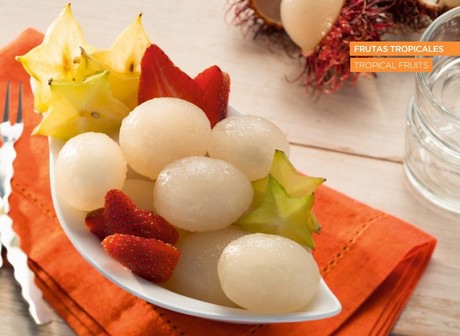
"Agriculture is our main export sector, accounting for almost 28% of the country's shipments," explains Beirute, who considers agriculture the cornerstone of their strategy, given all the jobs it generates and its impact in rural regions. "We export nearly 3,000 million dollars' worth of fruits and vegetables per year. We are known for being the largest exporters of pineapples; we ship about $ 800 million worth of pineapples of all sizes, from 5 to 11. Our pineapples are renowned worldwide for their sweetness, Brix level, commercial quality, etc.," continues Beirute. "All our exporters have certifications: GlobalGAP, Tesco, CarbonNeutral... Together with bananas, it is our most professionalised agricultural sector."
Regarding bananas, he explains that they have a reputation for their superior quality. "We are famous for being the second largest exporter of bananas. I think Ecuador exports more than us, but their strategy is focused on volume; ours is on quality," he stresses. The country's third largest agricultural product is melons, of which the country exports about 100 million dollars annually. "We can supply the yellow Honeymoon, Galia, Cantaloupe and Piel de Sapo varieties." The agency intends to expand this range of products and bring other fruits and vegetables into the markets. "The supply of Costa Rican fruits includes mangoes, blackberries, rambutan, cocoa, coconuts and papayas. As for vegetables, we export a lot of carrots, especially to the Caribbean, and cabbage, cilantro and tomatoes. Our main root is the cassava, but we also export yams and taro," he states.
The exporter sees some trends with some of these products. "I think mangoes are on the rise, just like papayas. We receive many orders for papayas and rambutan, also from the US. In Europe, cassava is growing in popularity," he says.
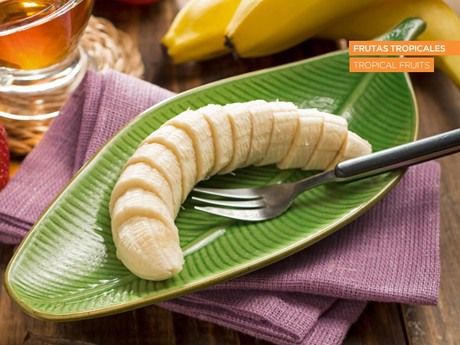
"We have a global strategy, but of course, we have a preference for markets that appreciate quality and consumers who appreciate traceability and good practices, which means that the United States and Europe are priority markets," he explains. "One has to keep in mind that fruits, vegetables and roots from Costa Rica may not be the cheapest, since they are produced in a country which enforces sustainability, human rights, respect and the best practices. That has a price. Also, we are a small country, with about 50,000 square kilometres, but which enjoys a privileged position. We are between two oceans and we have volcanic soil and microclimates at different altitudes, which help us obtain excellent products."
Still, Costa Rica is able to compete with other larger countries, thanks to its strategy of supplying the niches that appreciate quality and traceability. "Furthermore, we continue developing and innovating by, for example, obtaining more ambitious certifications, including Fair Trade, Rainforest Alliance, Bio and organic. Our goal is to keep supplying premium quality products," assures the exporter.
The El Niño phenomenon has taken a toll on the country, whose agricultural exports fell last year, especially in the case of its flagship products: pineapples and bananas. "There was too much rain in some parts of the country and very little elsewhere; ultimately, it is the nature of the agricultural business and the only thing we can do is to try enforcing the best agricultural practices. The Ministry of Agriculture of Costa Rica is giving professional advice and support to Costa Rican producers in order to minimise the impact of these weather situations," explains Beirute.
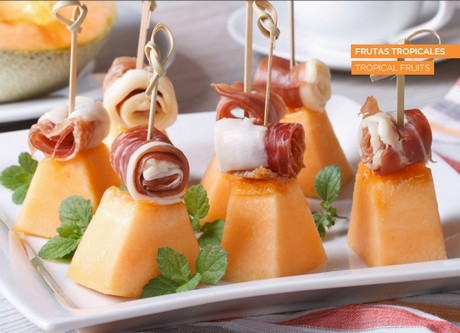
Therefore, the country's annual growth stands at just 3% this year, and last year's agricultural exports dropped by 2%. "Taking into account that we have suffered the impact of El Niño, it is actually not so bad. If it hadn't been for it, we would have had record growth in the sector."
Over the next ten years, Beirute expects Costa Rica to improve even more in terms of the quality and traceability of its products. "We take all these certifications very seriously and we are headed toward greater value. Therefore, we also expect our exports and our diversity to improve in the coming years. There is no way we will stop doing our best in our most important export sector," he says. "You also have to take into account that the Costa Rican nature revolves around solidarity. We are a small country, but since we decided to abolish the army 80 years ago and invest more in education, our social, educational and health progress have definitely helped our fruit growers. We know there is a sector of the population that lives from agriculture and we have improved our policies to help them stay ahead."
In Costa Rica, there is a minimum wage, and the exporter claims that there are controls at various levels to ensure that it is respected, even if it causes Costa Ricans products to become more expensive than those from other countries. "As a country, we believe it is the right thing to make sure our workers earn a decent wage. Again, we are not the cheapest, so we have to figure out how to offer the best quality."
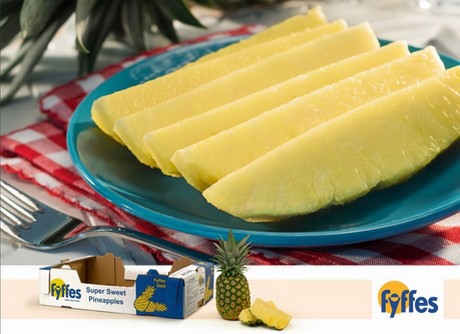
"Also, Costa Rica has a reputation as a brand. Worldwide, it is associated with peace and human rights," adds Beirute, noting that, with many fruits and vegetables, the name of Costa Rica usually appears more prominent than the product's name itself in the packaging and labels. "We have to protect our reputation," he concludes.
Lastly, the exporter announced that, in September, Costa Rica will host an event called Buyers Trade Mission, in which more than 300 exporters and buyers will meet. This is a very important event to make contacts and will be attended by all exporters in the country. Those attending will also have the chance to go on visits to plantations and packing plants.
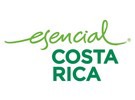 More information:
More information:
Procomer: Foreign Trade Promoter of Costa Rica
Jorge Zamora
Procomer United Kingdom and southern Europe
Email: [email protected]
www.procomer.com




 More information:
More information:




 More information:
More information: